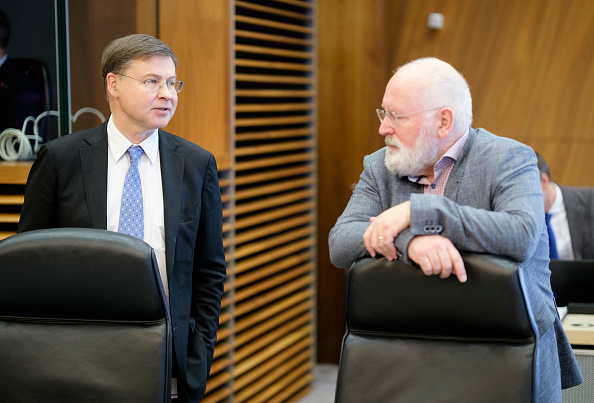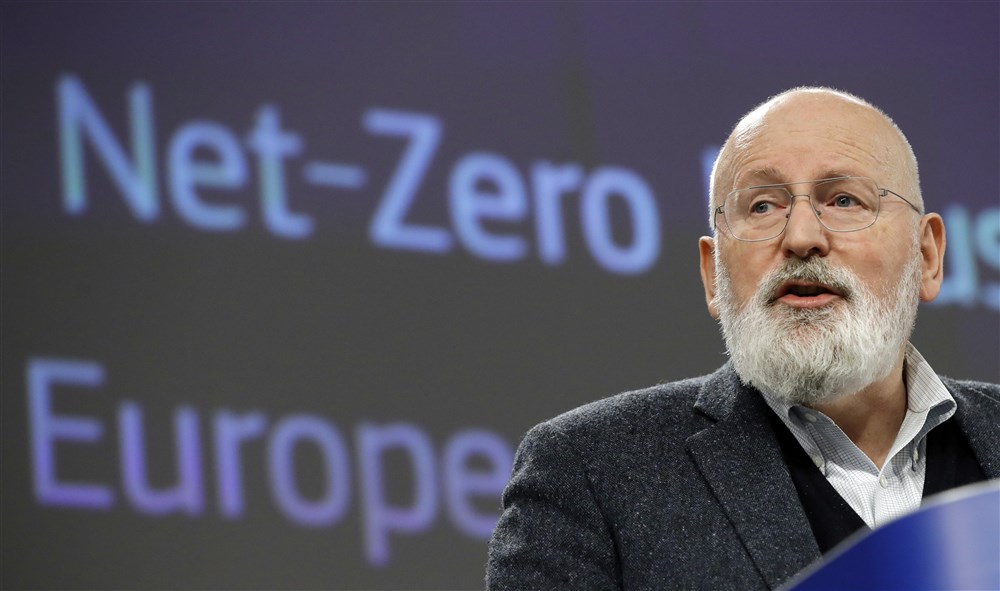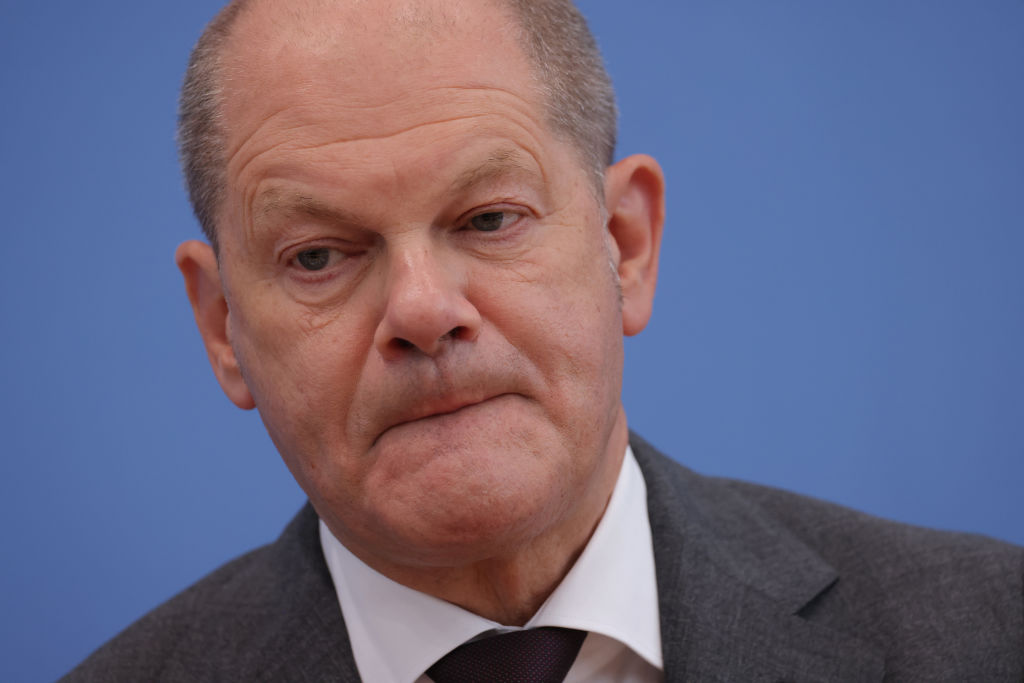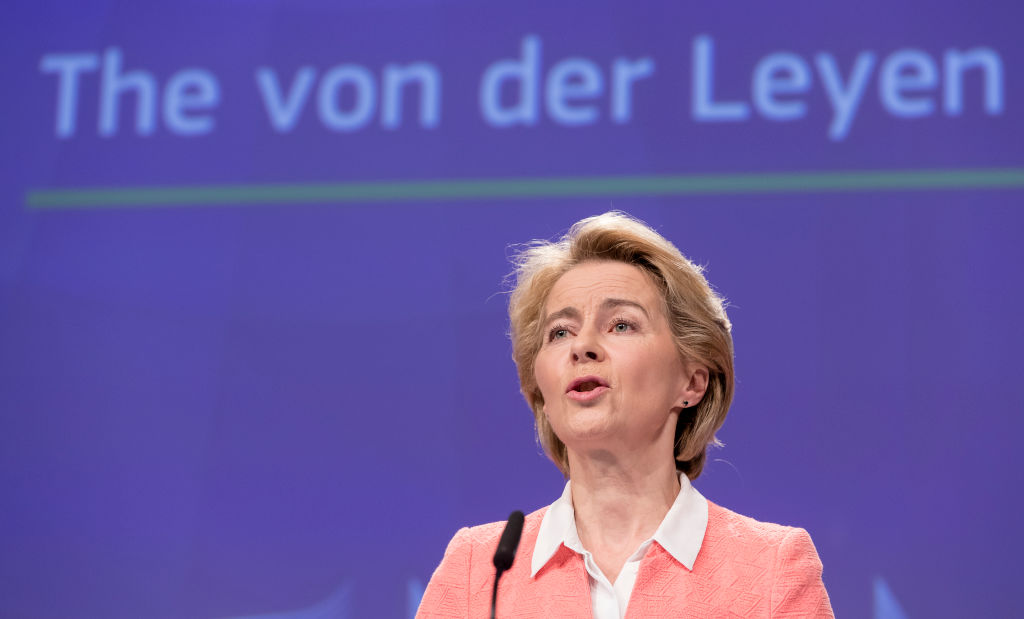The European Commission has denied reports it pressured the Dutch Government into shutting down farms to further the bloc’s environmental goals on nitrogen pollution.
Put into force earlier this year, the government launched a scheme that aims to buy out up to 3,000 “high-polluting” farms in the country, with the intention of closing them for good to help achieve of European Union-mandated environmental targets.
Prompting widespread protests and civil unrest among farmers, demonstrators linked the move to the EC, with outlets claiming EU officials had ordered the Dutch authorities to shutter farms.
Such reports have now been flatly denied by EC Vice-President Věra Jourová, who insisted that only advice and information on how nitrogen pollution could be reduced was offered to the Dutch Government
According to Jourová, the EC had been in regular contact with the Dutch authorities, advising them that they could lower nitrogen levels by “reducing livestock numbers”, “accelerating the transition to circular and organic agriculture” and “cutting the use of chemical pesticides and inorganic fertilisers”.
“At no stage did the Commission pressure the Netherlands to choose one way or another,” Jourová insisted.
“The choice of instrument(s) rests with the Member State.”
That seems to contradict reports published in the Dutch media, which say Dutch Prime Minister Mark Rutte’s government had the policy dictated to them by European officials.
According to Dutch public broadcaster NOS, one EC official told ministers that farm buyouts were the only way the Netherlands would meet its anti-pollution obligations as outlined by European law.
“In that conversation, referring to the nitrogen problems, he [the official] said that the Netherlands had driven into the crash barrier with its car full and that making adjustments no longer helped,” the news outlet reported.
Dutch authorities had suggested they would move from voluntary buyouts to compulsory purchase orders if it was deemed not enough farms had closed voluntarily.
The crisis has had a significant effect on the country’s politics, catapulting the populist Farmer–Citizen Movement to the top of the polls nationally.
Now sitting at around 18 per cent, the pro-farmer group looks likely to enter national government, with elections to be held in the country later this year, following the recent collapse of the Rutte coalition.





